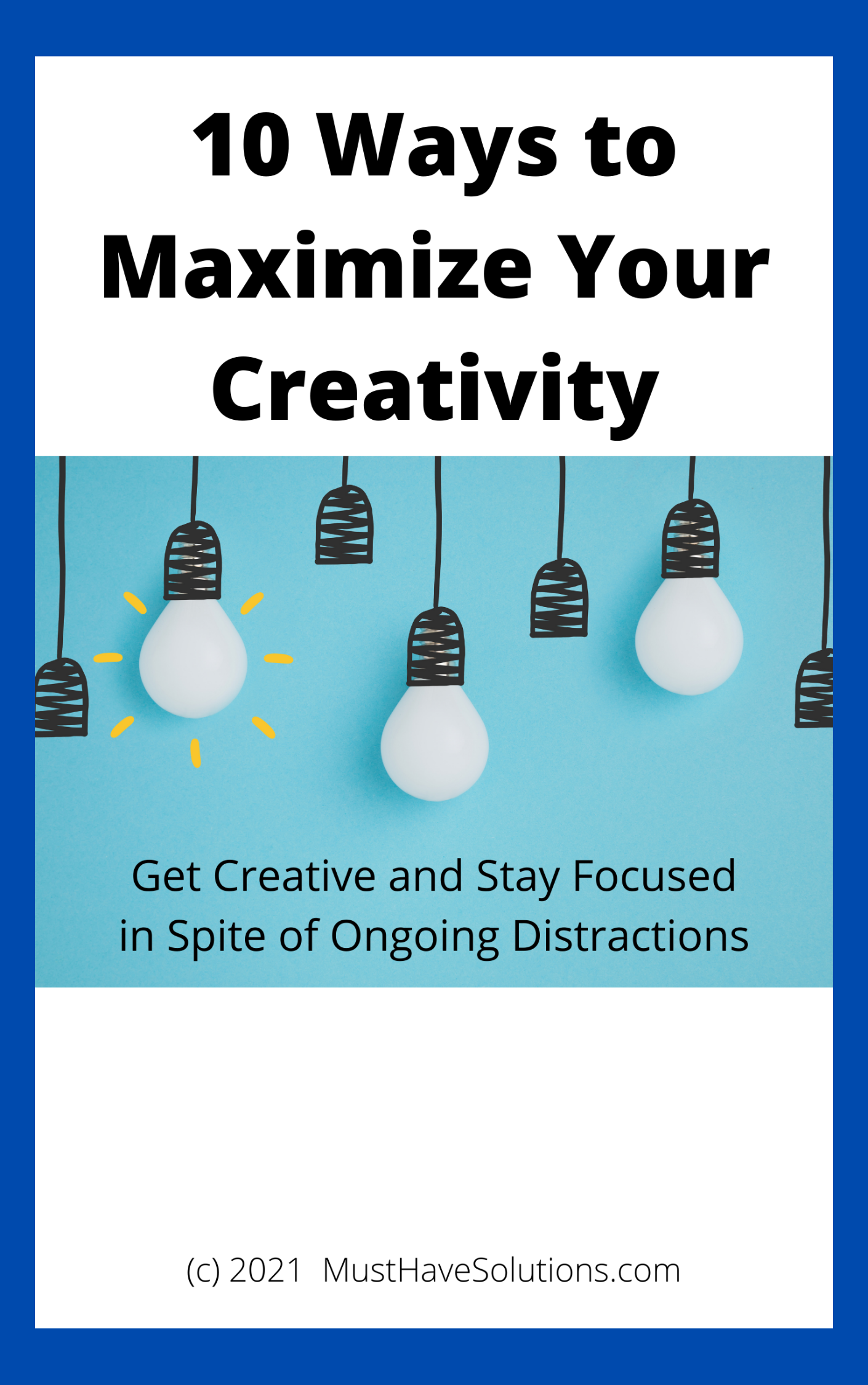Stay Focused on the Present
When you’re in business, there are many different parts to it. There’s the startup, the continuation and striving toward the achievement of both short and long-term goals. Along the way, something will inevitably go wrong.
But focusing on what goes wrong in your business isn’t helpful. You don’t want your mind to be filled with the negative because that can create fear that something else might go wrong.
You don’t want to waste time worrying about the future. You don’t have the power to predict might happen. This is where many people get hung up. They worry about the past or the future.
At the core of this worry is the fear that they won’t be successful. You can’t change the past and you can’t alter a future that hasn’t even happened yet. So worrying about it is a huge waste of time.
Instead of giving your energy to that, work on whatever you’re doing now. Keep your focus on the goals and tasks at hand that are currently important to your business. Choose your present focus.
That means not allowing your mind to waste time on frivolous thoughts. If your thoughts veer toward any “what if” situations, that’s a frivolous thought. Getting stuck in “what if” land can derail any entrepreneur because the road out of there leads straight to worry and can paralyze your efforts.
You have to be proactive when it comes to your focus. Make every minute you have count for today. Choose what to think about or work on in regards to the things that matter for your business in the present.
Don’t focus on what needs to happen with the business in the days ahead. If you keep your focus on the present, you’ll find that you’re making every minute count. Don’t allow situations to occur that might steal your focus.
This might be something like hearing a rumor or seeing an article that your particular niche isn’t bringing in the kind of income you’ve hoped it would. Unless it’s already happened, things like that are just a prediction, not a guarantee - so you’re better off continuing to move forward rather than getting caught up and losing your focus.
Once you lose your focus, it can be easy to lose your momentum and you don’t want that to happen. A good way to stay focused on the present is to make sure you have a list of objectives or goals to accomplish for each day.
Concentrate on meeting those objectives and don’t let your attention wander to something else. Another way to stay focused on the present is to pay attention to the tasks at hand that are going to make money for your business today.




